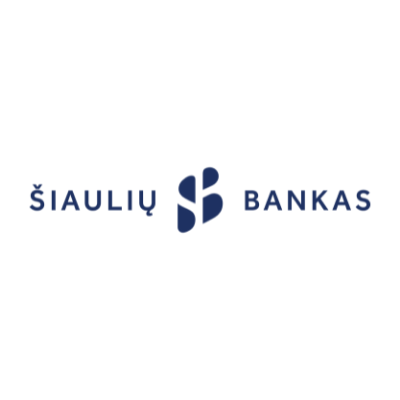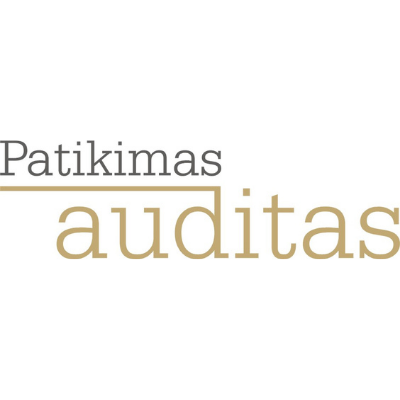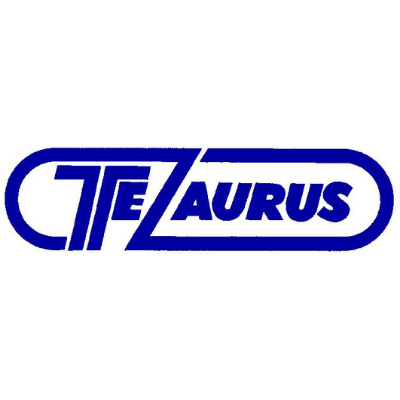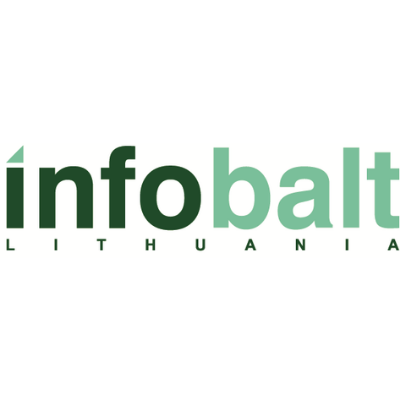STUDY PROGRAMME PLAN
|
Course units |
ECTS credits |
|
1st YEAR |
60 |
|
1 SEMESTER |
30 |
|
Compulsory course units |
30 |
|
Accounting* |
3 |
|
Fundamentals of Law* |
3 |
|
Financial and Management Accounting |
6 |
|
Direct and Indirect Taxes |
6 |
|
State and Local Government Finance |
6 |
|
Corporate and Personal Finance Management |
6 |
|
Research Methodology |
6 |
|
2 SEMESTER |
30 |
|
Compulsory course units |
24 |
|
Application of Innovative Technologies in Finance |
6 |
|
Financial Control and Audit |
6 |
|
Econometric Modelling and Forecasting |
6 |
|
Master Thesis Project |
6 |
|
Alternatively elective course units |
6 |
|
Project Cost Management |
6 |
|
Start-ups Investment Modelling |
6 |
|
2nd YEAR |
30 |
|
3 SEMESTER |
30 |
|
Compulsory course units |
24 |
|
Master Thesis |
24 |
|
Alternatively elective course units |
6 |
|
Big Data Analysis |
6 |
|
Economic and Financial Behavior |
6 |
* – Course units are compulsory for students who have not studied it during their bachelor’s studies.
Second cycle study program Financial Management general competences and learning outcomes
General competences and learning outcomes
- Personal and Social abilities
- Ability to engage in lifelong learning processes, to independently observe and critically evaluate theoretical and practical innovations in the development of the financial system in the context of an ever-changing national and global market.
- Ability to cooperate in an ethic and tolerant manner, communicate comprehensibly while using financial terminology properly with different stakeholders in making and implementing decisions related to financial management, collecting and processing financial data or drafting financial reports as well as providing financial consultations.
- Ability to conduct scientific research on financial issues individually and in teams and to take responsibility for the quality of their and their subordinate employees’ activities in accordance with professional ethics and social responsibility.
Subject specific competences and learning outcomes
- Knowledge and its application
- Ability to acquire the most recent knowledge in economics, management, accounting and audit based on the fundamental and applied research and ability to apply it in practice for financial management decisions making in the changing business environment, traditional, global and network organisations.
- Ability to gain a deep understanding of financial theories and ability to apply models and principles based on fundamental and the most recent knowledge in conducting research of problems related to functioning of financial systems, public, business and tax management and making comprehensive financial decisions.
- Research skills
- Ability to select and apply appropriate data analysis methodologies to integrate scientific knowledge and research data into making financial management decisions and evaluating alternatives in an environment of high uncertainty.
- Ability to analyse, systematize and assess critically the information important for the changes in the financial system, financial management professional activities and introduction of innovations, and integrate knowledge while providing consultations or performing expert evaluation of finance and inter-disciplinary areas.
- Special abilities
- Ability to plan and perform a comprehensive financial analysis and assessment of business or public organisation by integrating the most recent concepts of finance, economics, accounting, risk and taxation analysis and applying the principles of professional ethics and social responsibility adequately.
- Ability to identify and address complex financial management issues independently and innovatively, critically evaluating alternatives to short-term and long-term financial and non-financial sector development solutions integrating the latest theoretical knowledge, applied research data and an interdisciplinary holistic approach.
- Choose a study programme
- Fill in the application form at apply.mruni.eu
- Pay the non-refundable application fee (for non-EU citizens – 100 euros, for EU-citizens, MRU alumni, and Ukrainians – 50 euros)
- Receive your application evaluation results
- Confirm your acceptance by paying the first-year tuition fee and 50 euros registration fee (non-refundable)
- Sign the study contract
- Start Temporary Residence Permit application procedure
- Register to studies
Required documents:
- Bachelor degree or equivalent first university degree diploma (3-year study duration minimum) in the field of economics, management, finance, accounting or marketing
- Academic transcripts of each study year
- Document proving English language level
- Motivational letter (please note that the authenticity of the motivation letter will be verified using specialized software, so it should be written without AI assistance)
- Passport copy
Additional educational documents might be required depending on the country of residence.
Provided documents must be in color, have no cut corners (high quality scan).
Notes:
- The minimum 60% of maximum possible GPA is required in order to be considered for admission.
- By submitting the documents applicant agrees for one’s information to be shared with other institutions that the University might refer to while processing the academic verification.
- Applicants might be asked to participate in additional knowledge evaluation.
Required level – B2
Assessments of English language proficiency certificates equivalent to level B2:
- TOEFL IBT 72-94
- IELTS 5.5-6.5
- PTE score 59-75
- DUOLINGO 100-125
If you do not have a certificate proving your English language proficiency level, you can take the University Online English language level test. You will be able to choose this option while filling in the application. The test is free of charge.
Certificate is not required if your native language is English or if your previous studies were conducted fully in English language.
- If the original educational documents/transcripts are in English, Lithuanian or Russian with an apostille (if required) on the scanned original, no translation needed.
- If original educational documents/transcripts are not in English, Lithuanian or Russian languages, then they have to be supplemented with an official translation.
- The official translation has to be confirmed with the sworn translator’s signature or official notarization.
- Accepted students shall present their original educational documents/transcripts to the International Office upon arrival to begin their studies.
Country Specific Requirements can be found here.
Recognition of Foreign Qualifications
- The evaluation and recognition of prior qualifications is a part of Mykolas Romeris University (MRU) admissions process.
- By submitting the online application you confirm that the documents are legitimate and that MRU can verify the authenticity of the documents by contacting its issuing authority and national ENIC/NARIC centre.
- Documents uploaded must be in good condition and in full colour. Documents issued in languages other than English, Russian, or Lithuanian must be accompanied with an official translation into English or Lithuanian.
- Before you apply make sure that you have a complete documentation package and that your qualifications are giving access to higher education according to the study programme level you are applying for at the MRU.
Recognition Criteria
- The purpose of an assessment is to compare a foreign qualification with a similar level qualification awarded in Lithuania according to quality, profile, content, workloads and learning outcomes.
- Your qualification will be assessed according to specific requirements for the programme you are applying for and whether your academic results are sufficient for studies at the MRU.
Right to Appeal
Recognition decisions can be appealed against to the Academic Recognition of Foreign Qualifications Concerning Higher Education Appeal Committee under the Lithuanian Ministry of Education and Science.
All appeals with supporting documents must be submitted to:
Centre for Quality Assessment in Higher Education
Ph.: +37052104778
Email: recognition@skvc.lt
Address: SKVC, A. Goštauto st. 12, LT-01108, Vilnius, Lithuania
The procedure of evaluation and recognition of academic qualifications
Application fee (non-refundable):
- for Non-EU citizens – €100
- for EU citizens, MRU Alumni, and Ukrainians – €50
Registration fee (non-refundable):
- €50
Tuition fee (EU/Non-EU citizens) per 1 academic year: €4606 per one academic year (2025-2026).
Payment information will be provided in the invoices issued in your online application form.
Student continues to pay the same tuition fee which was implied at the time of the admission.
E-mail: study@mruni.eu
Phone: +370 5 271 4700
WhatsApp: +370 6 564 6682
Office: I-122









